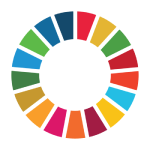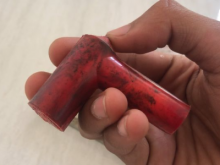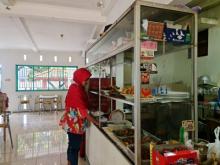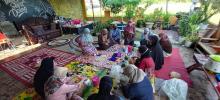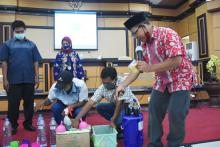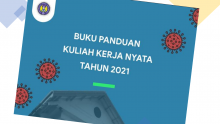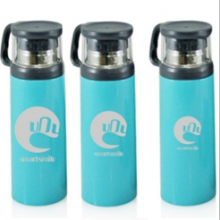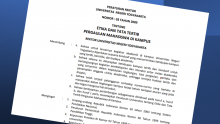Processing Tempe Waste into Organic Fertilizer
Submitted by laksanawiditama... on Thu, 12/09/2021 - 00:00Making tempe produces waste that emits an unpleasant odor and contaminates waterways. This waste can be in washing water, cooking water, and soaking water for soybeans and tempeh dregs. However, in wastewater-boiled soybeans, there are nutrients Phosphorus (P), Nitrogen (N), and Potassium (K) which are needed for plant growth rate.
